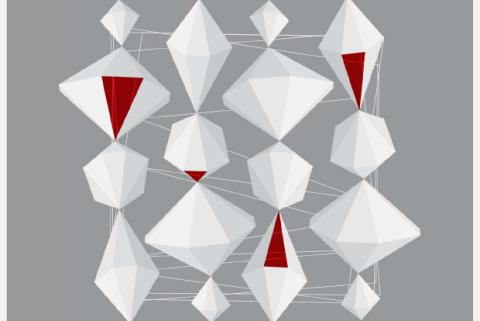At GE Digital Energy, adopting disruptive technologies, as they’re called, is simply part of doing business. We’re in a unique situation. As a pioneer in the Industrial Internet – what we call the integration of complex physical machinery with networked sensors and software – we are always looking for technology-based ways to deliver more value to our customers, and we have been doing it for ten years now.
For example, we use technology to collect data from more than 900 gas turbines that we have installed all over the world, and collect more than 300 pieces of information at every-minute intervals. This includes information about temperature, rotations, and vibrations: all the moving pieces. If in doing so anything shows erratic behavior, we can also proactively fix the moving part without waiting for an outage. Because if a certain element of a turbine breaks, you could cause more damage in taking it down and fixing or replacing it than addressing it ahead of time.
Maintaining that technology edge has become a huge opportunity for the company. That’s why we have established a software Center of Excellence in San Ramon, California, where we hired a few brilliant people to work with our GE businesses. The synergy happens there because we own our technology and we own our own hardware — whether that’s an aircraft engine, a gas turbine, or even components that go on an electrical grid. This is all central to the way we use disruptive technologies and provide a lot of predictive value to our customers. As we make more use of technologies such as Internet of Things, next-generation connectivity, and advanced analytics, we become more and more able to predict things like failure points before they even happen.
The positive career impact of "speaking" technology
Is there a positive career impact of using disruptive technologies? Absolutely. Our business area CIOs and the sub-business CIOs are becoming the liaisons between the business functions and technology and analytics teams. We are the "common people" who can talk both the business and technology language. After we talk to software COEs and define requirements, we go back to the businesses and talk in their language. It is very important to adopt these technologies as quickly as we can. For example, right now we are doing a lot of analytics and big data management, whether that’s in data lakes or data streams. From a mobile standpoint, we’re making a lot of use of the iPad and iPhone platforms as well.
In the energy business, nothing communicates a benefit like the ability to be proactive and predictive, especially when it comes to getting ahead of mechanical failures or outages, and there’s a big positive impact for everyone involved.
Venki Rao was named CIO of GE Digital Energy business in December 2010. He is responsible for driving the IT strategy for Digital Energy, synergies, operational efficiencies, key digitization initiatives and enhancing business’ go-to market efforts with their smart-grid solutions. Additionally, he works closely with the Software Solutions business team to grow it and strengthen connections with Utility CIOs.




